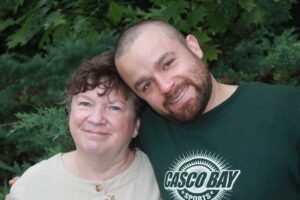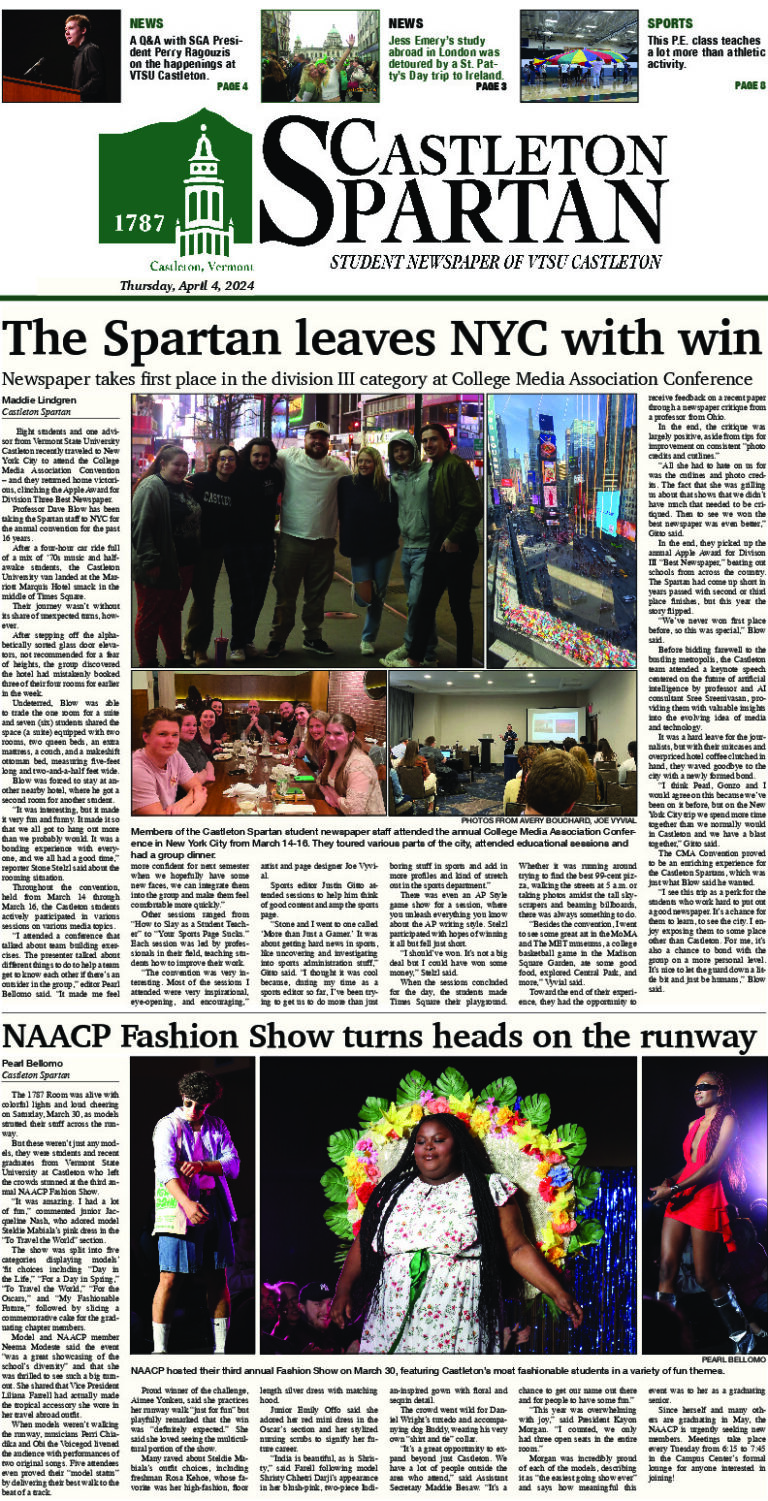The grief after losing Honoree: Former dean’s husband speaks out about his loss, and community

Six months ago, former Castleton University Dean Honoree Fleming was fatally shot on the D&H Rail Trail in Castleton, Vt., and the killer has yet to be identified.
Despite several tips, a witness sketch of the suspect, and a $25,000 reward from a resident and the town for information leading to arrest and conviction, it’s now a “cold case,” according to the town’s police chief.
“If you know anything about Honoree, you will know that she was a beloved woman on campus. She just had a towering intelligence. She was compassionate, she was self-effacing, she was devoted to our family,” said Fleming’s husband and Castleton resident Ron Powers.
In the months since her death, Powers said he has experienced significant depression and health decline.
“I never knew there were levels of depression this deep,” he said. “After she was killed, I was practically inert for four or five weeks. When I started to move again, I realized that I had aged about 10 years. No balance, short term memory loss, general deterioration of my muscles. That was when I became almost a different person,” he said.
He recalled Oct. 5., their 43rd anniversary, when it had happened.
“Honoree and I walked that trail maybe a thousand times, and on October 5, which was our anniversary day, and I forgot. Late in the afternoon she said ‘I’m going for a walk.’ That was the last I saw of her.”
Powers believes that the event was “incredibly random,” and that the killer was in a psychotic state.
“It’s like this disease has stalked me my entire life,” he said, referring to sons Dean and Kevin’s battle with schizophrenia, until Kevin took his own life. Personal hardship has prompted Powers’ dedication to raising serious mental illness (SMI) awareness.
He deep-dives into the topic in his 2017 bestselling book “No One Cares About Crazy People,” which is being made into a documentary film directed by Gail Freedman.
He says that SMI only affects a small percent of the population but has a “widening cone” to the victim, family, friends, social services, law enforcement, and more, making it an issue nationwide.
“I’m not trying to be Mr. Compassion here, but Honoree is dead. But I do hope they find him, so he won’t harm anybody else,” he said.
Powers said Castleton was vital to him in the aftermath of the event; with people picking up checks at Birdseye, sending sympathy cards and emails, even helping him up when he’s fallen down on the sidewalk.
He also talked about the brave act of a man cradling Honoree just moments after she was shot.
“It was a man, I still don’t know who he was, but he came along not long after the shooting happened. He saw Honoree lying there and cradled her while someone else was calling for emergency. I’m eternally grateful to this man because I think it was an incredible act of compassion and courage,” he said.
Powers describes Castleton as “a bunch of guardian angels” and gives his sincerest thanks.
Police Chief Peter Mantello discussed the stagnated case at the Castleton Select Board meeting on March 25, calling it a “cold case” with few leads.
“It’s been frustrating. A lot of people ask, and I don’t know what to tell them, except there is still somebody assigned to it still. They’ve exhausted tips from the reward, and not that many came in. We have to make a decision how long we want to keep that reward out,” he said.
In the same meeting, Brown’s Auto Salvage general manager Matt Brown was approved by the board to the Rail Trail Council, a group formed through the Vermont Agency for Transportation. He also announced tentative place to dedicate the portion of the Rail Trail to Fleming with a plaque or memorial of some type.








